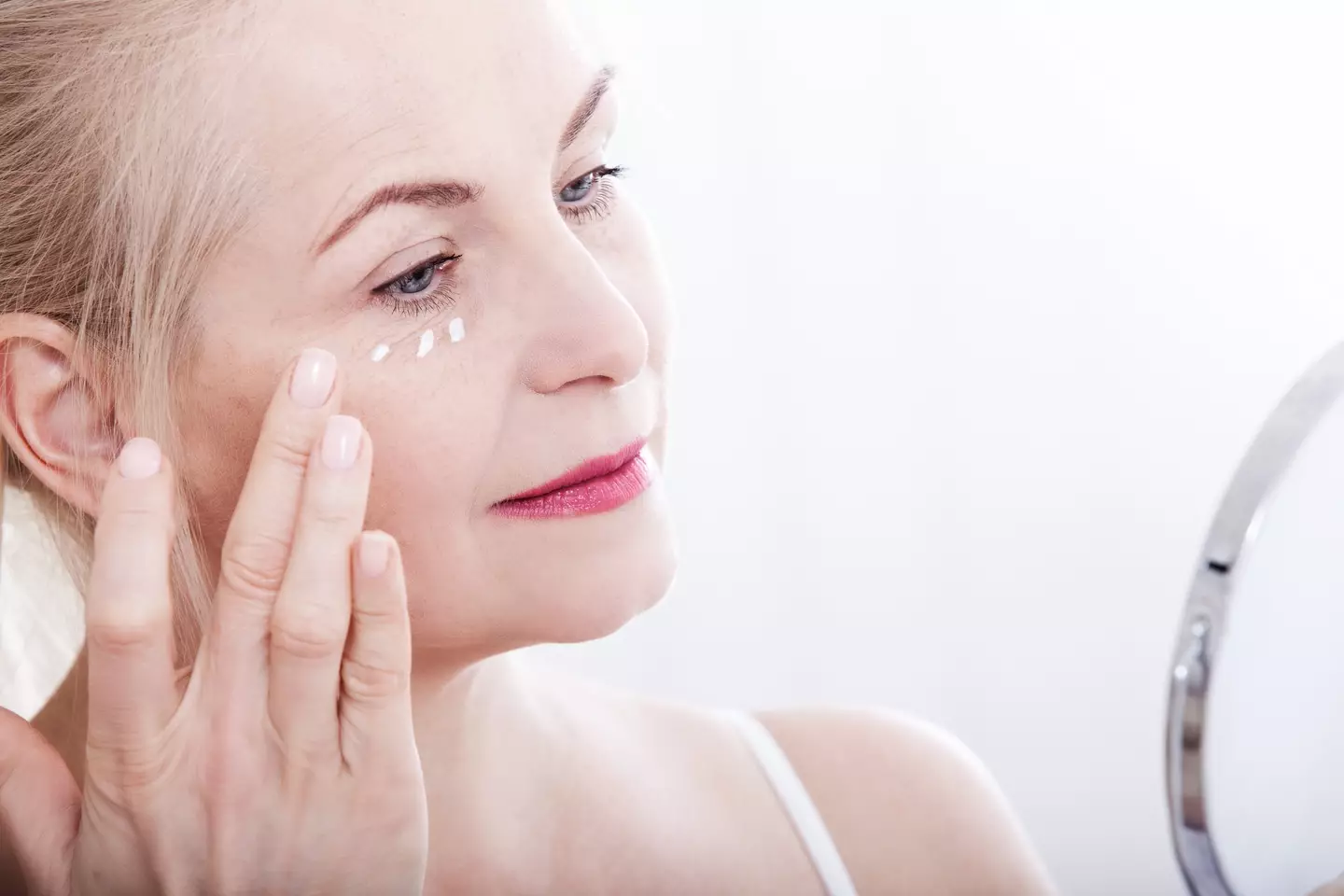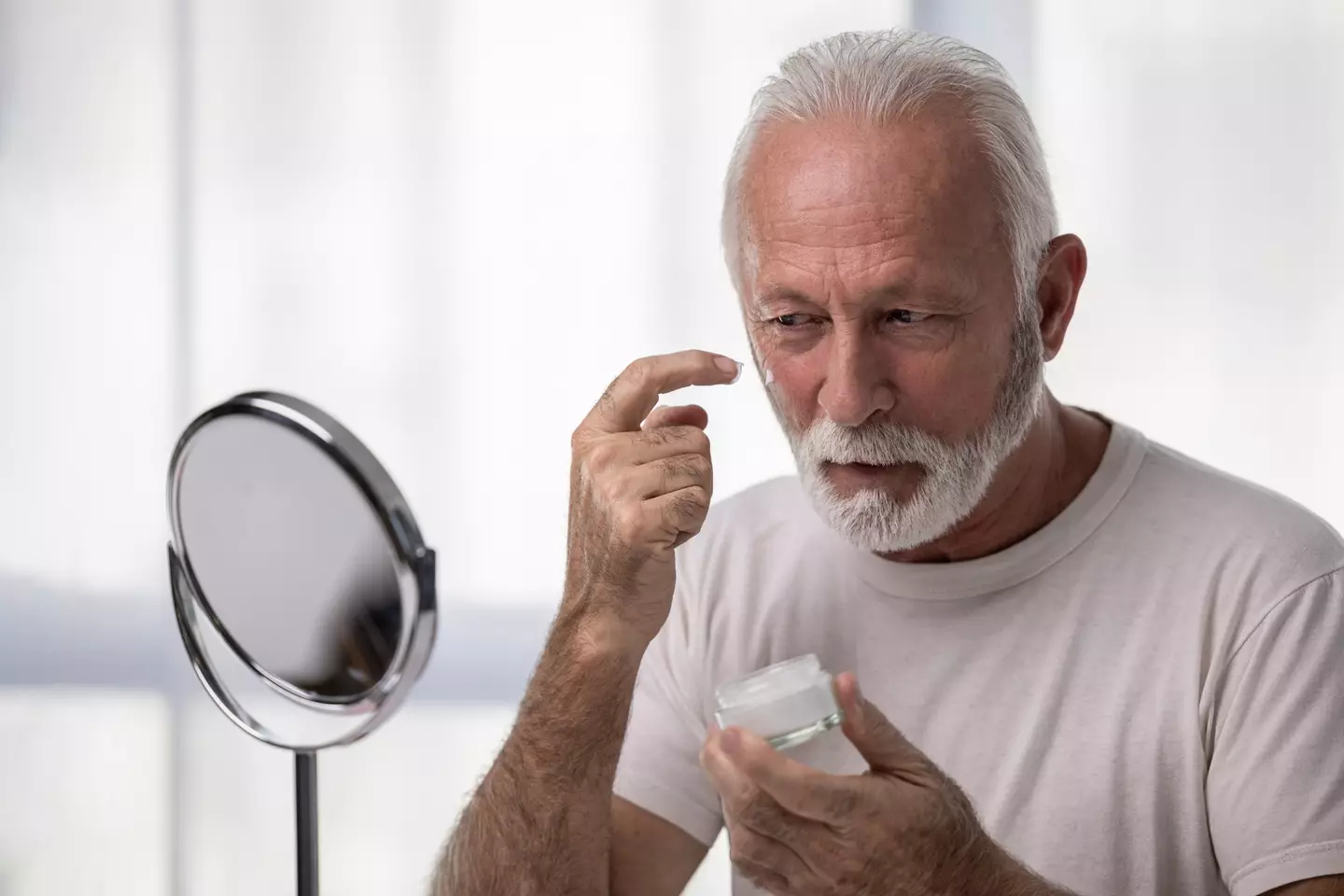
Unfortunately, aging is just a fact of life - but what if you could actually reverse it?
Of course, there are a lucky few who never really experience aging and are often greeted with a compliment that they look 10 years younger than their actual age. Lucky them, eh?
Previously, we've based aging on genetics and, well, luck, but scientists are now claiming there may actually be a way to reverse it.
Advert
Over the years, there's been many myths surrounding reversing aging or preventing it from happening.
The majority seem to be debunked pretty quickly, and let's be honest, that's not exactly unexpected considering how outlandish they sound.
To be honest, the results from this study published earlier this year sound like they could be in that camp, however the findings come from a bunch of industry experts and reputable scientists.

Published in the journal Aging, a group of scientists from the Harvard Medical School and Massachusetts Institute of Technology released some rather interesting and promising leads surrounding aging.
Part of the study reads: "We identify six chemical cocktails, which, in less than a week and without compromising cellular identity, restore a youthful genome-wide transcript profile and reverse transcriptomic age.
"Thus, rejuvenation by age reversal can be achieved, not only by genetic, but also chemical means."
These six treatments can apparently reverse aging in cells, leading to an individual looking a more 'youthful state' - we'll certainly have some of that!
There will obviously be some concerns surrounding health issues, but rest assured the scientists confirmed that the treatment will not cause dangerous cell growth.
However, it should be worth pointing out it's not all sunshine and rainbows when it comes to these six treatments, as much of the research focused on tissues in a lab.
The trials conduced on mice and monkeys yielded 'encouraging results', though no such treatment has been tested on humans as of yet.

But preparations for human trails are ongoing, according to Harvard Medical School's and lead principal investigator on the project David Sinclair.
"Until recently, the best we could do was slow aging. New discoveries suggest we can now reverse it," he said in a press release.
"This process has previously required gene therapy, limiting its widespread use."
Looks like we'll just have to sit tight and wait for more updates on the research.
